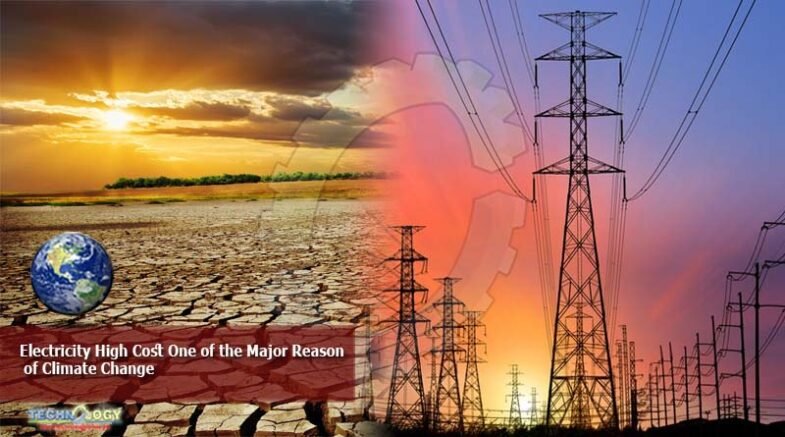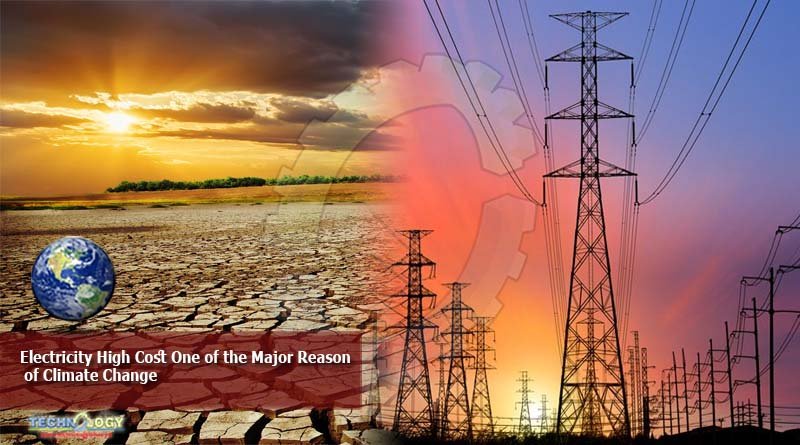The percentage of Ugandans with access to electricity is the lowest in eastern Africa save for Burundi and South Sudan despite all our water bodies in form of lakes and rivers, including the River Nile, which is the longest river in Africa. Almost all Ugandans whether in urban or rural areas cook using charcoal.

The percentage of the citizens that have access to power in the East African region as reported by the World Bank in 2018 was: Burundi (11.02%), South Sudan (22.03%), Uganda (26%), Rwanda (34.72), Tanzania (35.56%) and Kenya (75%).
When it comes to the availability of water from where most of the power is generated, Uganda leads all the countries with almost 15% of her land covered by freshwater lakes and swamps.
Kenya only has 1.93%, Rwanda 3% and Tanzania 6.49% of its total landmass covered by water and swamps.
This clearly shows that Uganda has an advantage over its neighbors. Then the question is why do few Ugandans have access to electricity? One of the reasons is that the cost of accessing and using power is costly for most Ugandans.
There are connection costs, wiring costs, monthly bills to pay, repair costs as well as the cost resulting from the malfunctioning of power, which has been reported to cause huge losses.
Another hidden cost is that of load shedding if intended or just the power disappearing without one being alerted. This has spoilt the user’s electricity gadgets with no one to compensate them.
The second reason is that the settlement patterns in Uganda make it so expensive and difficult to have many of the citizens connected to the national grid.
Almost all the parts of Uganda are habitable resulting in the scattering of homesteads all over the country, making it hard for them to be connected to the national grid.
Thirdly, there has been mismanagement of some of the government efforts to increase connections to the national grid.
Programmes like rural electrification, connecting all-district and sub-county headquarters as well as health facilities are all commendable, but inadequate and do not directly target individual households.
With a handful of Ugandans having electricity in their homes even though they use it for lighting other than cooking, there is a big challenge.
Almost all Ugandans whether in urban or rural areas cook using charcoal. This charcoal that is derived from cutting down trees has contributed to a great loss in terms of their acreage.
To make matters worse, the water supplied by the National Water and Sewerage Corporation cannot be consumed unless boiled first because of line leakages.
This means that more trees must be cut down for homes to have clean water to drink, adding to our already burdened environment.
When the forests are cleared rainfall becomes unreliable, seasons unpredictable, dry seasons are prolonged, crop yields are low, and ultimately limited household incomes.
Originally published by New Vision
